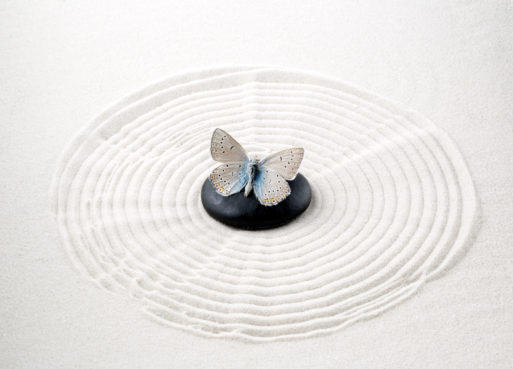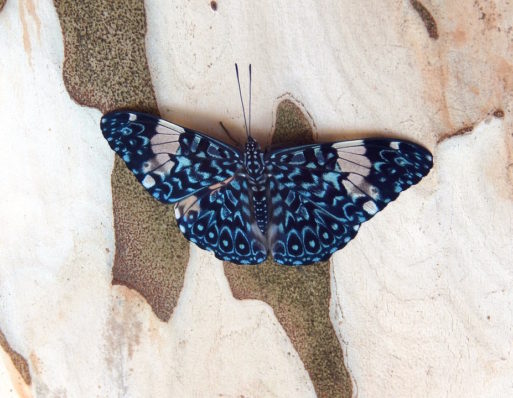
There are many “life cycles” in our time on earth — beginnings and endings of our youth, relationships, work, dreams, and ultimately, of life itself.
This is my farewell blog, ending my cycle as a writer for “Dying Well.” To have been a part of the SevenPonds vision to enhance education, support and expanded awareness into the end of life journey, has been both privilege and honor.
While the next writer will provide “Dying Well” with new energy and insights, I will leave you with my final thoughts.
Dying Well means something different to each person.
Sometimes it means control of pain and other symptoms.
Sometimes it’s about finding closure in a way that is meaningful.
Sometimes it’s related to the knowledge that death is coming and having time to prepare in your own way.
Sometimes it’s about being able to look back and appreciate who you have been, how you have grown — to view your personal and spiritual growth, and the impact you have had on your family, your work and your community.
Sometimes it means celebrating and honoring life before its end.
Your definition of dying well may include all or none of the above, and that’s OK.
Because your definition of a good death is often tied to what you consider a good life, for me to talk about “dying well” seems a bit presumptuous and limited to my own beliefs and experiences.
So, because my patients and their families have been my best teachers, and because it was their voices, wisdom and our shared experiences that led to my work, I will honor them by sharing their lessons for dying well.
First, keep open and honest communication with your healthcare team and your loved ones.
Make informed decisions about treatment. Consider emotional, physical, financial and psychosocial issues and their impact, but remember the decision is YOURS to make in the end.
Know that everyone will have an opinion about what you should do. Smile and thank them for their interest and caring, but know you have your own path to follow.
Honor the wisdom of your body. Access those who can teach you about the natural changes involved in the dying process and how best to manage them.
Not every hospice will be your perfect partner, so find one that responds to and supports you in the manner you want and need.
Don’t be afraid to use medications or treatments that can maximize your function and comfort within the limits imposed by your disease. This is about quality of life. You deserve that!
Don’t be afraid to ask questions and to share your ideas and goals for dying well.
Let go of the “Hollywood death” image that shows a person speaking coherently and profoundly until their last breath. (I’ve seen that once in 44 years!)
Understand your body has its own way of shutting down, and honor that.
Know that most people have some regrets, so don’t beat yourself up. Who lives a perfect life? Embrace the messiness of being human and appreciate all those who have contributed to your life in some way. Their lives are also messy.
Know that it is OK to laugh and it’s OK to cry. You don’t stop being human because you are dying.
My participation in SevenPonds may be ending, but I am not “gone.” I am still accessible through my website, Pathways EOL to respond to your questions or needs. In my life’s new cycle, I am educating others through more creative avenues and the performance arts.
SevenPonds continues to expand its own impact and life cycle, providing fresh perspectives to positively change the culture of dying. I know its service will grow as a new cycle begins.

 Keys to Dying Well
Keys to Dying Well




 Forest Bathing Eases Grief by Soaking in Nature
Forest Bathing Eases Grief by Soaking in Nature
 The Spiritual Symbolism of Cardinals
The Spiritual Symbolism of Cardinals
 Meaning-Focused Grief Therapy: Imaginal Dialogues with the Deceased
Meaning-Focused Grief Therapy: Imaginal Dialogues with the Deceased














